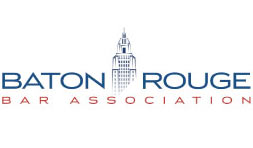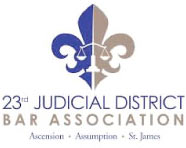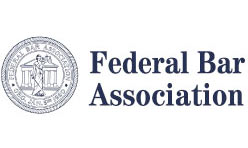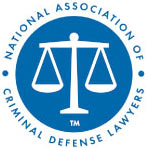Appearing in the courtroom whether it’s your
first or second time can be intimidating. When you aren’t clear of the
terms being used or what is being discussed it becomes even more
stressful.
By
Dallon Bush
By
Dallon Bush
- Closing Arguments: Final statements made by the prosecutor and defense attorney after the two parties have stated their cases, witness have testified, and cross-examinations have been completed.
- Complaint: The catalyst of a legal case and first document filed with the court by a person or entity claiming legal rights against another. Ultimately, it is the reason for the court appearance.
- Damages: The monetary settlement a client wishes to recover.
- Defendant: Opposite of the plaintiff, the defendant is the other party in the legal case who defends the complaint filed against them.
- Deposition: A witnesses’ sworn out-of-court testimony used to gather information as part of the discovery process and may be used at trial.
- Deponent: The witness or person who makes a deposition or affidavit under oath.
- Direct Examination: The questioning and testifying of a witness on the stand by the party who chose them for the case. Discovery: It describes the time after the summons have been sent out and prior to the trial when both parties are preparing for trial, collecting information, and developing arguments.
- Felonies: More serious crimes that result in imprisonment for more than one year when one is found guilty of the charge. Examples: drug abuse, auto theft, arson, assault, manslaughter, rape, fraud, forgery.
- Jurisdiction: The court that will hear the civil case.
- Misdemeanors: Crime of punishable offense that requires no more than one year of imprisonment. Examples: DUI, burglary, perjury, etc.
- Mistrial: Occurs when a jury is unable to reach a unanimous decision (verdict) on a case.
- Move to Strike: Requested when something is said by a witness who is testifying that they don’t want the jury to consider during deliberations.
- Objection: An attorney may pose this when they have an issue with the way the opposing party is cross-examining a witness. It also can occur when a witness makes a statement that is considered hearsay.
- Plaintiff: The person, group or business who files a complaint against another in a court of law.
- Settlement: When a plaintiff or defendant officially resolves their dispute outside of court. These usually occur in the form of a monetary payment and do not require the party offering settlement to admit fault.
- Subpoena: Legal document that requires the served party to make an appearance and testify under oath.
- Summons: Legal document that requests a defendant to appear in court before a judge. It is often delivered by a sheriff, server, or mailed.
- Sustained: When a judge agrees with an objection, this term is used.
In the event you need to be represented in the courtroom, contact Bush
Law Firm. We offer 15 years experience, extensive knowledge, and have a
goal of helping people like you.





